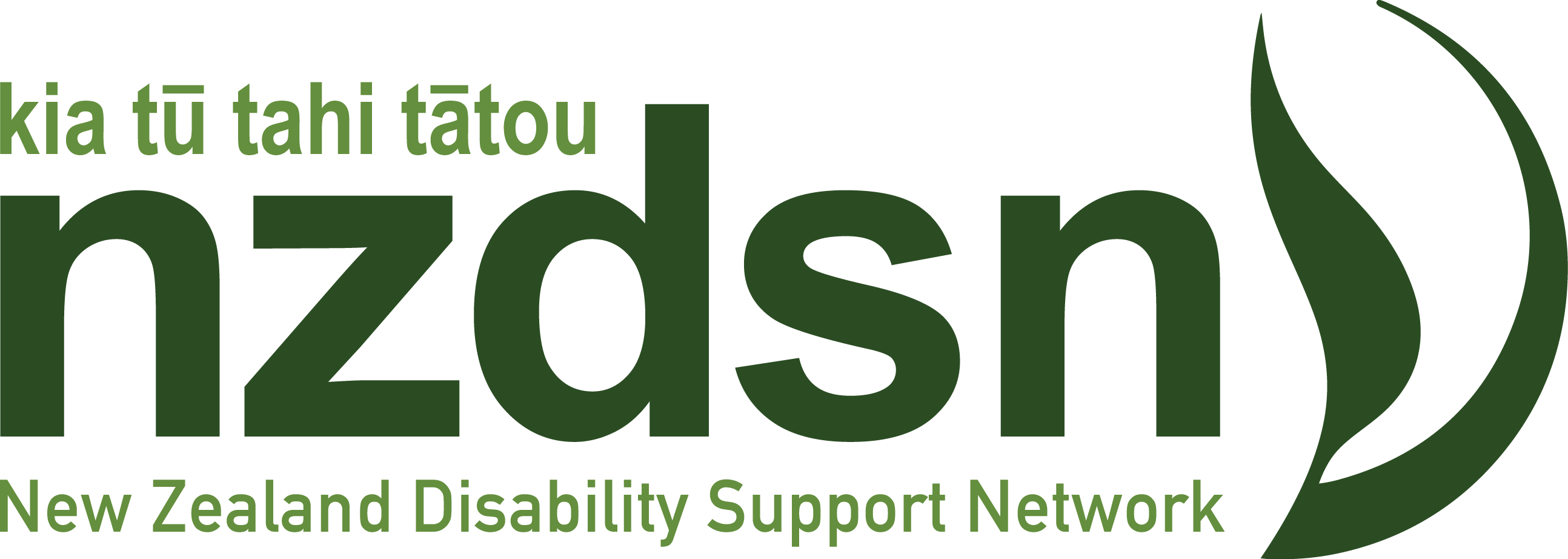Summary of Budget 2021 Initiatives and Commentary
Disability Support Services – Cost and Volume Pressures, $99.8m a year ($339.2m over four years)
This initiative will maintain services to people with long-term physical, intellectual and/or sensory impairment who require ongoing support, by funding price and volume pressures in response to increased demand for Disability Support Services.
Just how the balance between price (cost) and volume (demand) will fall is yet to be determined, but we will keep an eye on developments in this space as part of our joint work programme on commissioning with DSS. Because of the increases in last year’s budget this additional funding will not be needed to pay down any accumulated deficit as in previous years.
Transforming the Cross-Government Disability Support System ($73m over four years)
This initiative provides ongoing funding for the three Enabling Good Lives pilot regions in Christchurch, Waikato and Mid-Central to ensure continuity of support for disabled people, and certainty for the essential workforce in these regions. It also provides additional funding to undertake detailed design, service development and workforce capability building for national implementation.
This removes the uncertainty around the three pilot/prototype areas and enables more detailed work on a national roll out to be planned and costed.
Increases in Benefit payments
These increases are very welcome (the Supported Living Payment will increase by between $42 and $51 a week) and this is on top of the $25 dollar per week increase from last year’s budget.
These increases from the last two budgets bring into focus the extent to which they will be passed on to disabled people living in residential services. Historically, in residential services, the persons benefit income is split between the provider as a “client contribution” (to offset the costs of “room and Board”) and the individual – as a “personal allowance” for discretionary spending. Until recently these increases were linked to the yearly CPI, but last year this changed and is now linked to average wage increases. This change in calculation and the resulting increase has yet to be passed on. It also raises the question of why significant one-off consecutive increases in benefit rates are not being been passed on in the same way. This ultimately means disabled people in residential services are not receiving their full benefit entitlements (through the “personal allowance”) and there is a lack of transparency around how any corresponding increases in the form of the “client contribution” find their way to residential service providers.
We understand the Ministry of Health is aware of these matters and is preparing advice for the Minister. Given these changes started happening over a year ago progress could be described as “glacial.” We have been reminding the Ministry of these issues regularly and are following this matter up in earnest with Government.
Reinstating the Training Incentive Allowance for Levels 4 to 7 on the New Zealand Qualifications Framework ($127m over four years)
This initiative will provide four years of funding to support around 16,000 sole parents, disabled people and carers receiving an eligible benefit with study costs when studying at levels 4 to 7 on the New Zealand Qualifications Framework. Higher level qualifications are expected to improve participants’ employment outcomes and incomes.
This is a significant opportunity for disabled people to access training and qualifications. It’s a shame it appears to be only for four years.
Health and Disability Commissioner – Sustainability and Expansion of Scope Due to New Legislation ($8.7m over four years)
This initiative will ensure the Health and Disability Commissioner is appropriately funded to undertake its statutory functions in the face of increasing complaint volumes and complexity, and to expand its scope when the End of Life Choice Act 2019 is implemented.
In-Between Travel Settlement – Implementation ($82m over four years)
This initiative provides funding to deliver the proposals outlined in the In-Between Travel Settlement for home and community support workers. This funding will ensure that support workers are paid their ordinary wage rates while travelling between clients and receive paid rest breaks.
Growing Disability and Accessibility Leadership and Advice for Disabled People ($5.7m over four years)
This initiative supports Sir Robert Martin’s disability advocacy role at the United Nations and strengthens the Office for Disability Issues’ advocacy and DPO disability advice to Government. It also enables equal access to Government information through accessible formats for disabled people and others with access needs.
Improving Access of Individuals with Disabilities to Participate as Candidates in General Elections and By-Elections ($3.3m over four year)
This initiative will provide funding for the Election Access Fund and funding for the Electoral Commission’s associated administration costs. The Fund is designed to make standing as a candidate in a general election or a by-election a more equitable process for individuals with disabilities.
Savings from COVID-19 Initiative Maintaining Essential Disability and Home and Community Aged Care Support Services ($16.7m one-off)
These savings result from a forecast underspend in the 2020/21 financial year only in the COVID-19 initiative ‘Maintaining Essential Disability and Home and Community Aged Care Support Services through COVID-19’. This COVID-19 initiative was intended to ensure that essential disability and aged care support services were maintained during Alert Levels 3 and 4. The costs to these providers have been lower than anticipated. Where these savings will be directed is not yet known.
Kia tu tahi tatou
From the NZDSN team

